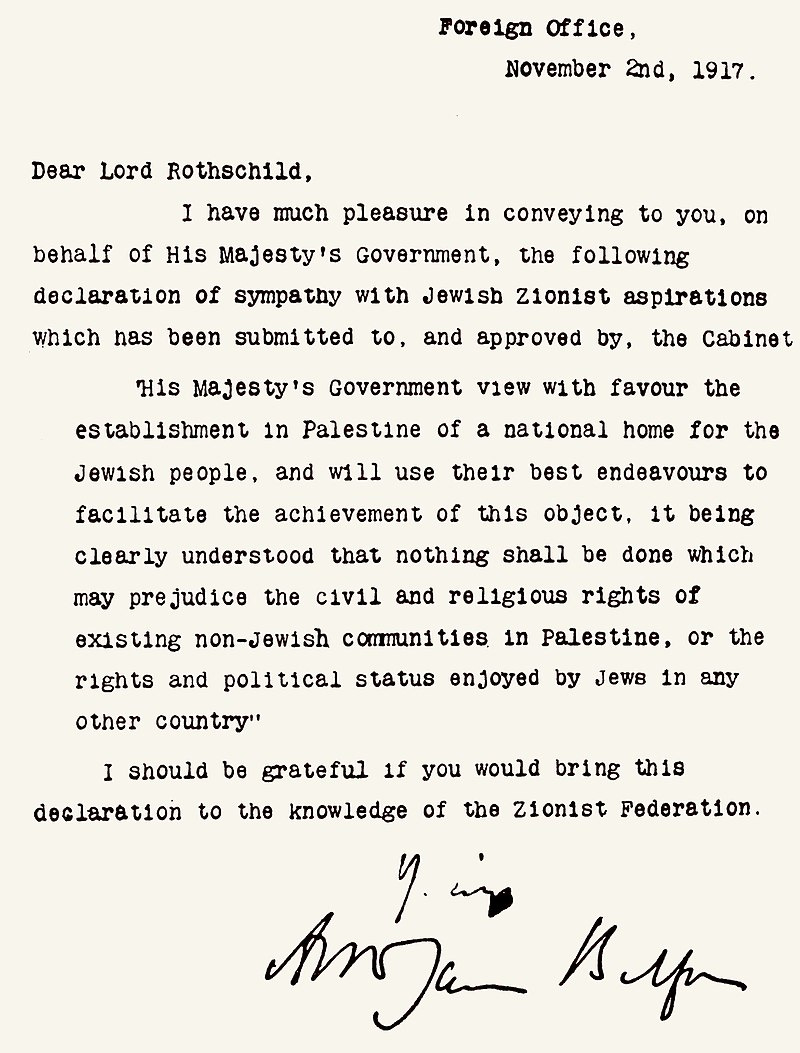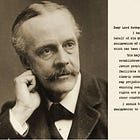Random Acces Memory
Is Zionism inherently a supremacist or segregationist ideology? Initially, it was not, and this characterization does not apply universally to all Israelis or Jews.
Translation of our article originally published on October,14, 2024.
Random Access Memory (RAM) serves as the temporary, volatile memory in devices like computers and smartphones, enabling operating systems to process data and run programs without retaining information permanently—hence the need to save work to a hard drive.
Som — mad men — envision human memory operating similarly: a transient space where events are fleeting, quickly replaced, and erased, preventing the retention of the past. Retaining the past risks connecting it to the present and envisioning the future, leading to the exercise free will - eminently dangerous to mad men. Hence the obsession with “instant history”—a continuous rewriting of the present, presented as unchangeable, to uphold systems of control or, in Marxist terms, alienation.
Zionism is not a singular ideology, nor are Jewish communities a homogeneous group. Differences among Ashkenazim, Mizrahim, and Sephardim have historically prevented consensus. Tensions between left-wing and right-wing Zionism led to significant rifts, notably when the Revisionist Zionist Party (right-wing) withdrew from the World Zionist Organization in the interwar years.
During the Russian Civil War subsequently to the 1917 revolutions, Western-backed militias slaughtered civilians in Ukraine to the cry “death to the Bolsheviks and the Jews”. In 1921, Symon Petliura, former leader of the short-lived Ukrainian People’s Republic, in exile, engaged with Vladimir Jabotinsky, the prominent right-wing Zionist from Kherson Oblast, to discuss forming a jewish “gendarmerie”, tasked with preventing further pogroms, such as those in 1919, which neither Petliura nor Jabotinsky attempted to stop, in anticipation of a potential effort to reclaim Ukraine from the Soviet Union.
The agreement was formalized but never executed, as diplomatic ties were established between major European powers and the Soviet Union following the Red Army’s victory in the civil war, precluding any reconquest of Ukraine. This historical episode carries an intriguing parallel to contemporary debates, where the argument is raised that the Ukrainian state, led by a Jewish president, Zelensky, could not be influenced by extremist right-wing - Nazi- ideologies.
Symon Petliura, living in exile in Paris, was assassinated in 1926 by Shomel Schwartzbard, a naturalized French citizen and Jewish anarchist from Bessarabia. The subsequent trial prompted the establishment of the League Against Pogroms, a precursor to the LICRA (International League Against Racism and Anti-Semitism). Schwartzbard’s acquittal was based on the argument that he sought retribution for the pogroms, though some American sources claimed he was a Soviet agent.
The Soviet Union played a more significant role than the West in the establishment of the State of Israel in 1948. While the Soviet Union provided critical diplomatic support, particularly through its vote in favor of the UN Partition Plan, Western powers were initially hesitant but later embraced the creation of Israel, which some argue served as a means to address post-war moral responsibilities.
The State of Israel gained strategic importance for Western powers as Arab nationalism, often aligned with socialism, pursued widespread nationalization, raising concerns among European oil and maritime industries. This contributed to significant events with lasting repercussions, including the 1953 coup in Iran that removed Mohammad Mossadegh and the 1956 Suez Crisis, a joint military operation of France, Israel, and the UK to regain control of the Suez canal after its nationalization by Nasser’s Egypt, which collapsed under pressure from the United States and the Soviet Union.
Is it Israel’s original sin to have played the role of a proxy for Western interests instead of integrating into its region and among its neighbors? Given that Zionism aimed to establish a Jewish state on lands where no such state had existed for 2,300 years, what was the attitude of zionist leaders toward the Arabs?
The founder of hardline right-wing Zionism, of the Revisionist Zionist Party and the Betar, Vladimir Jabotinsky, displayed a surprising realism devoid of contempt in his famous 1923 essay, The Iron Wall (any similarity with the current “Iron Dome” is not coincidental), in which he wrote:
“(…) It is beyond all hope and all dreams that the Arabs of the Land of Israel will voluntarily reach an agreement with us, now or in the foreseeable future. All indigenous peoples consider their country as their national homeland, of which they will always be the absolute masters. To think that the Arabs will voluntarily consent to the realization of Zionism in exchange for the cultural or economic benefits we can offer them is childish and stems from a kind of contempt for the Arab people, from a baseless view of this race as a rabble ready to be bribed into selling its homeland for a railway network (…) As long as there is a glimmer of hope that they can get rid of us, they will not sell that hope, because they are not a rabble but a nation, perhaps somewhat ragged, but still alive. A living people only makes enormous concessions on such fateful issues when no hope remains. It is only when no breach is visible in the iron wall that extremist groups lose their dominance. Only then can moderate groups come to us with proposals for mutual concessions. I am optimistic that they will indeed be offered acceptable assurances, and that both peoples, like good neighbors, will then be able to live in peace. But the only path to such an agreement is the iron wall, that is, the strengthening in Palestine of a government against which the Arabs will fight.”
In his concept of the “iron wall,” Vladimir Jabotinsky envisioned a strong Jewish military force, a vision rooted in his efforts during World War I to persuade the British to establish a Jewish Legion to combat the Ottoman Empire and support British conquest of Palestine.
While the Jewish Legion was not fully realized, the British permitted the formation of Jewish units, in which figures like David Ben-Gurion served. The British retreat from the commitments of the Balfour Declaration—a 1917 letter from Foreign Secretary Arthur Balfour to Lionel Walter Rothschild endorsing a Jewish national home in Palestine—contributed to the emergence of Zionist paramilitary groups, namely the left-leaning Haganah and the hardline right-wing Irgun.
Following the establishment of the State of Israel, David Ben-Gurion, its founder father, reportedly told Nahum Goldmann: “Why would Arab leaders seek peace? If I were in their position, I would not negotiate with Israel. It is understandable: we have taken their land. While we may cite divine promise, this holds little relevance for them. They perceive only dispossession. Acceptance may come in future generations, but currently, it is unlikely. Thus, our policy must prioritize strength and a robust military to ensure survival, as without it, we face existential threats.”
It is particularly noteworthy that both original right- and left-wing Zionisms shared the same martial component. They assumed that the creation of a Jewish state in the Holy Land could only be achieved through armed force, a colonial principle. They did not presuppose the ability of the newly created state to include Arab populations once Jews were in the majority, which is admittedly a somewhat supremacist stance.
Jabotinsky himslef in the “The Iron Wall” :
“My political stance rests on two core principles. First, the expulsion of Arabs is entirely inconceivable, as Palestine has historically been home to two peoples. Second, I take pride in contributing to the Helsingor program, which advocated equal national rights for all peoples sharing the land.”
Yitzhak Rabin, the last Israeli statesman, dedicated his life to his nation’s security and survival. As IDF Chief of Staff during the 1967 Six-Day War, twice Minister of Defense, and twice Prime Minister, he recognized that post-Cold War, Israel’s strategic position, even with U.S. support, required a Palestinian state for long-term stability.
A sabra born under the British Mandate, Rabin understood that Israel needed to embrace its levantine identity, reducing reliance on diaspora and external aid while maintaining those ties, to truly define itself. Tragically, he was assassinated by an ultraorthodox extremist, whose ideology matches the one some elements within Israel’s current leadership.
How did the vision of two peoples sharing one land evolve into the two-state solution, and subsequently into ethnic cleansing in Gaza, with intent clearly articulated by senior Israeli officials, including Israel’s President, following October 7, 2023?




